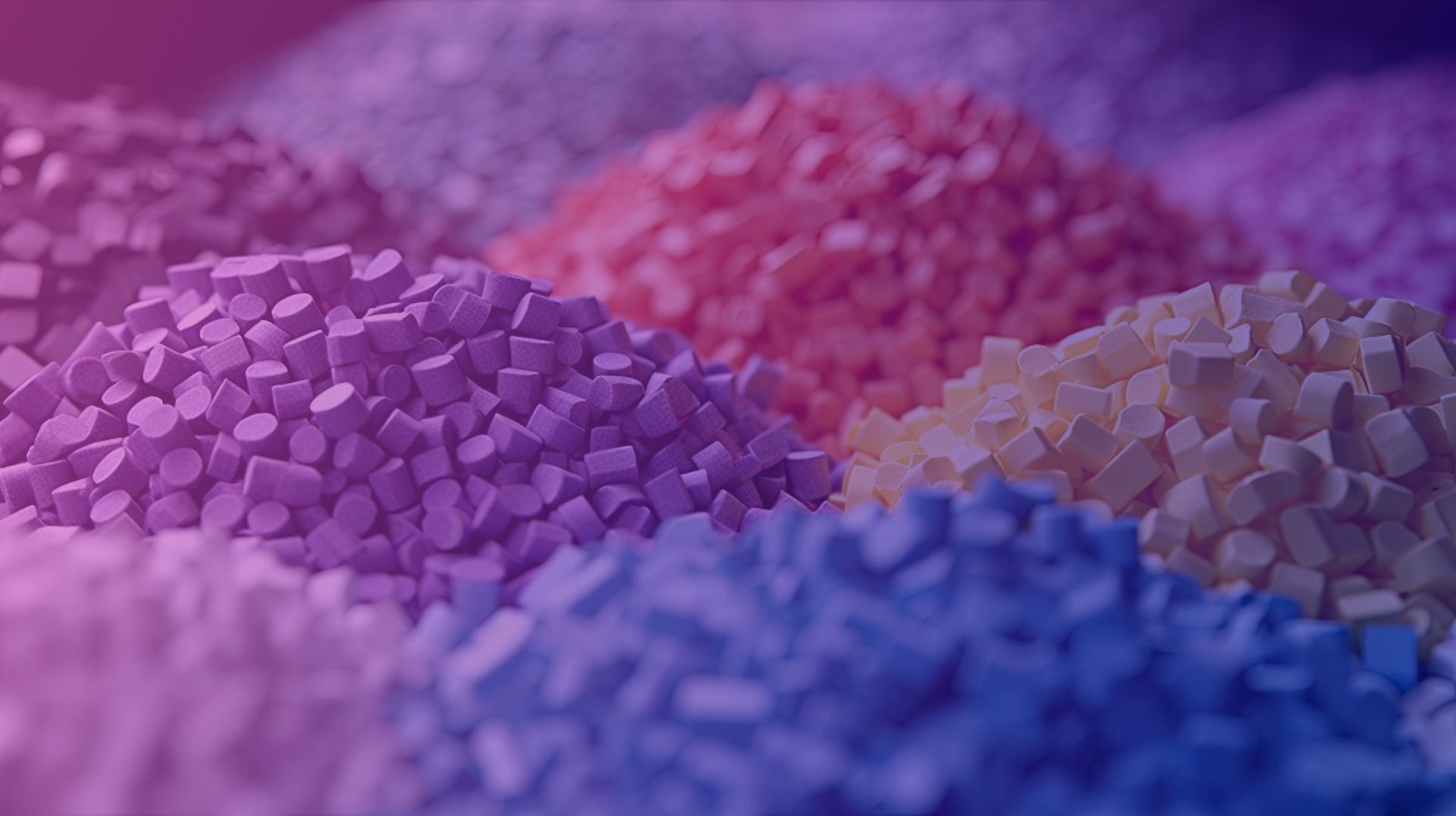Introducing RExPAM: A New Frontier in Sustainable Additive Manufacturing
The article introduces the RExPAM project, a new initiative funded by Xjenza Malta, aimed at developing a cost-effective, sustainable solution for fused granulate fabrication (FGF) in additive manufacturing, with a focus on improving extrusion rate control and enabling the use of waste thermoplastic materials.
Maltese Tech
1/23/20253 min read

Research Engine is excited to announce the launch of RExPAM, a pioneering project under the Fusion R&I Research Excellence Programme of Xjenza (REP-2024-026). RExPAM seeks to tackle some of the biggest challenges facing additive manufacturing (AM) today, with a focus on improving the sustainability, efficiency, and accessibility of fused granulate fabrication (FGF) technology. This cutting-edge project aims to revolutionize how thermoplastic materials are processed in 3D printing, making FGF a more viable and versatile option for industries, research, and even home-based manufacturing.
The Promise of Fused Granulate Fabrication (FGF)
FGF is an emerging technique that provides a more sustainable and cost-effective alternative to traditional fused filament fabrication (FFF), the most common AM method. While FFF relies on filament raw materials, FGF uses granulate—small particles of thermoplastic material—directly in the extrusion process. This approach offers several advantages, including a reduction in material waste and greater flexibility in material selection. However, FGF systems have faced challenges in achieving consistent extrusion rates, which can lead to defects in the printed objects, such as poor dimensional accuracy and surface quality.
A key issue is the bulkiness and complexity of the current extruders used for FGF. These machines typically rely on long, heavy screws with multiple sections (conveying, compression, and melt metering) to process the granulate into extrudate. Despite the presence of a metering section in most AM screws, the extrusion rate remains inconsistent, making it difficult to maintain the high quality needed for precision manufacturing.
The Challenges and Opportunities
The adoption of FGF technology has been slow across various sectors, including research, due to these issues. In addition to the inconsistent extrusion rate, the current systems are cumbersome and hard to maintain, which limits their practical use in everyday manufacturing scenarios. This is where RExPAM comes in. The project aims to solve the flaws of existing FGF systems by developing a novel, short, solid-state screw extruder design. This new design will feature a low cost, screw-related mechanism to control the extrusion rate. This innovative approach is expected to significantly reduce costs and improve the system's performance, making it more reliable and easier to maintain.
Innovative Solutions for a Sustainable Future
To ensure the success of this project, RExPAM will combine a scientific approach with the engineering design cycle. The team will employ physical prototyping and empirical testing to refine the extruder design and control mechanisms. The project will take a multi-disciplinary approach, incorporating insights from fields such as thermoplastic polymer rheology, solid particle mechanics, screw extrusion theory, mechatronics, control theory, and machine learning. RExPAM aims to bring cutting-edge technology to a wider audience and create a new paradigm for FGF.
One of the most exciting aspects of the RExPAM project is its potential to support the revalorization of waste thermoplastic materials, such as thermoplastic regrind waste. With the new extruder design, even difficult-to-process materials could be used effectively, further advancing the sustainability of FGF technology. The ability to use waste materials could be a game-changer, helping reduce the environmental impact of manufacturing while providing a new, cost-effective way to recycle and reuse materials.
Looking Ahead
If successful, RExPAM will not only provide a more reliable and affordable solution to FGF but could also open up new possibilities for waste thermoplastic revalorization, possibly even extending to domestic-scale applications. This would democratize the technology, making it more accessible for individuals and small businesses looking to leverage 3D printing for sustainable manufacturing. In the longer term, the project could provide a more sustainable alternative to both FFF and traditional FGF systems, pushing the boundaries of what is possible in additive manufacturing.
Through this ambitious project, Research Engine, under the guidance of Xjenza Malta, is taking a bold step toward advancing additive manufacturing technology while addressing critical issues of sustainability and material efficiency. The RExPAM project has the potential to reshape the landscape of AM, making it more sustainable, cost-effective, and accessible for a wide range of industries.
Stay tuned for more updates on this exciting project as we continue to push the boundaries of innovation in 3D printing!


Contact us
Whether you have a request, a query, or want to work with us, use the form below to get in touch with our team.


Contacts
info@researchengine.eu

